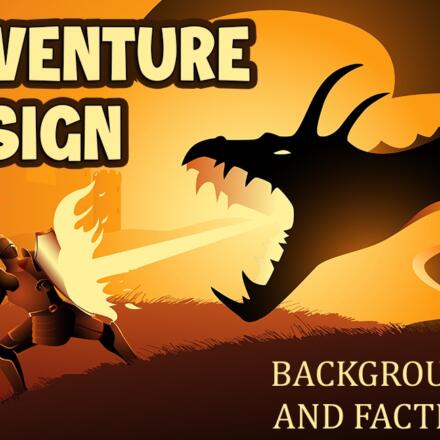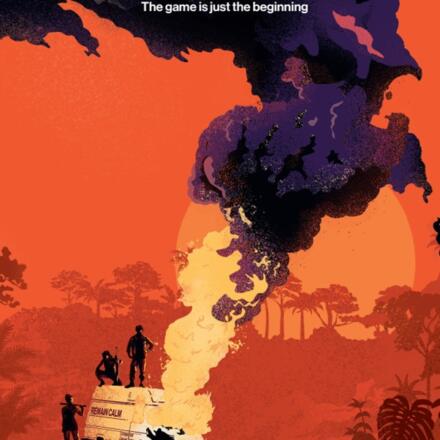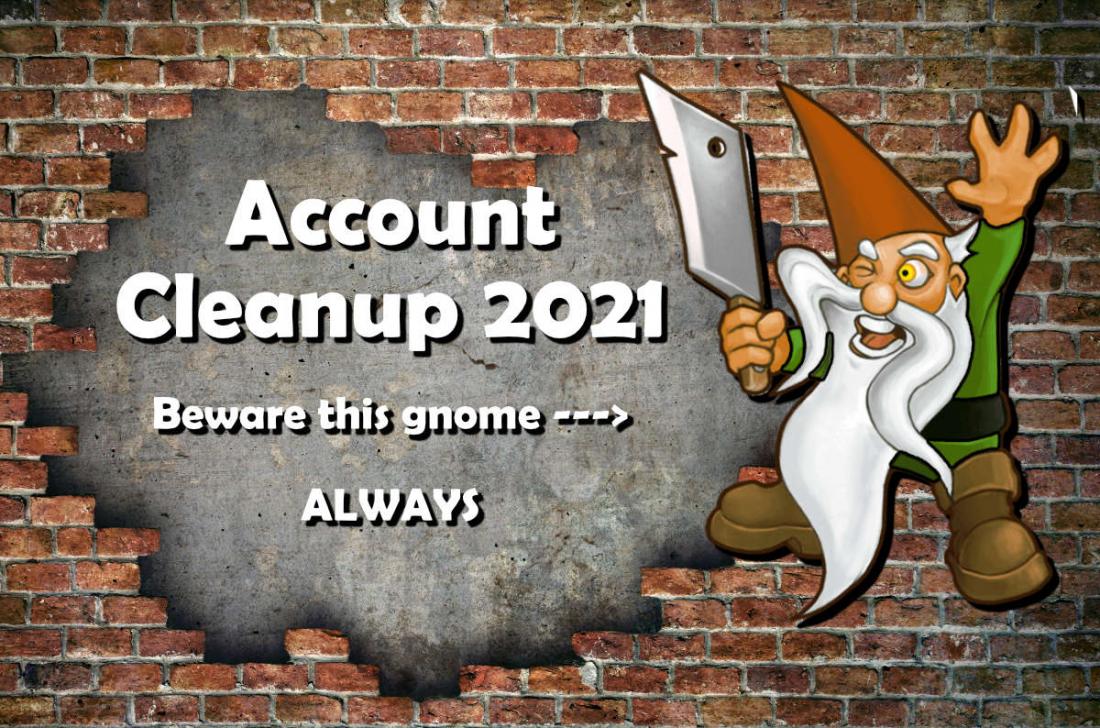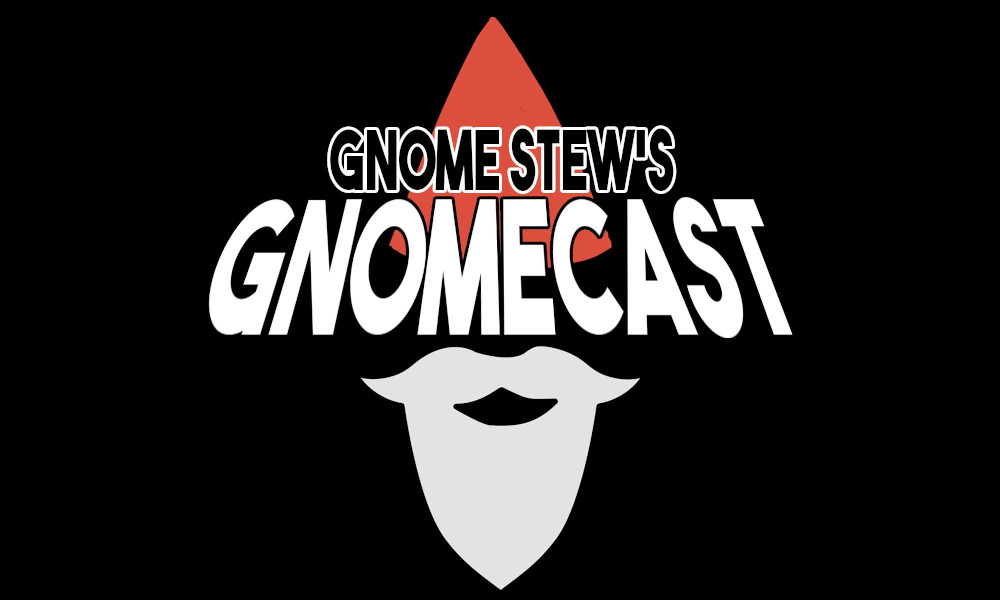UPDATE: 10/19/2017 – Mentzer’s Empyrea kickstarter was cancelled yesterday. Mentzer has recently been involved in some public issues with leaving the Dragonsfoot Forum and issues brought to light on twitter by Jessica Price. He has a rebuttal on his facebook page. People are not necessarily their work, but we must decide if we engage with the work that people do. Too often victims are not believed because of the prominence or position of the people they are calling to light, and that is not acceptable. We’ll be doing a piece on issues like this in the game industry soon, but wanted to update this article to include relevant, recent information. – John Arcadian, Head Gnome
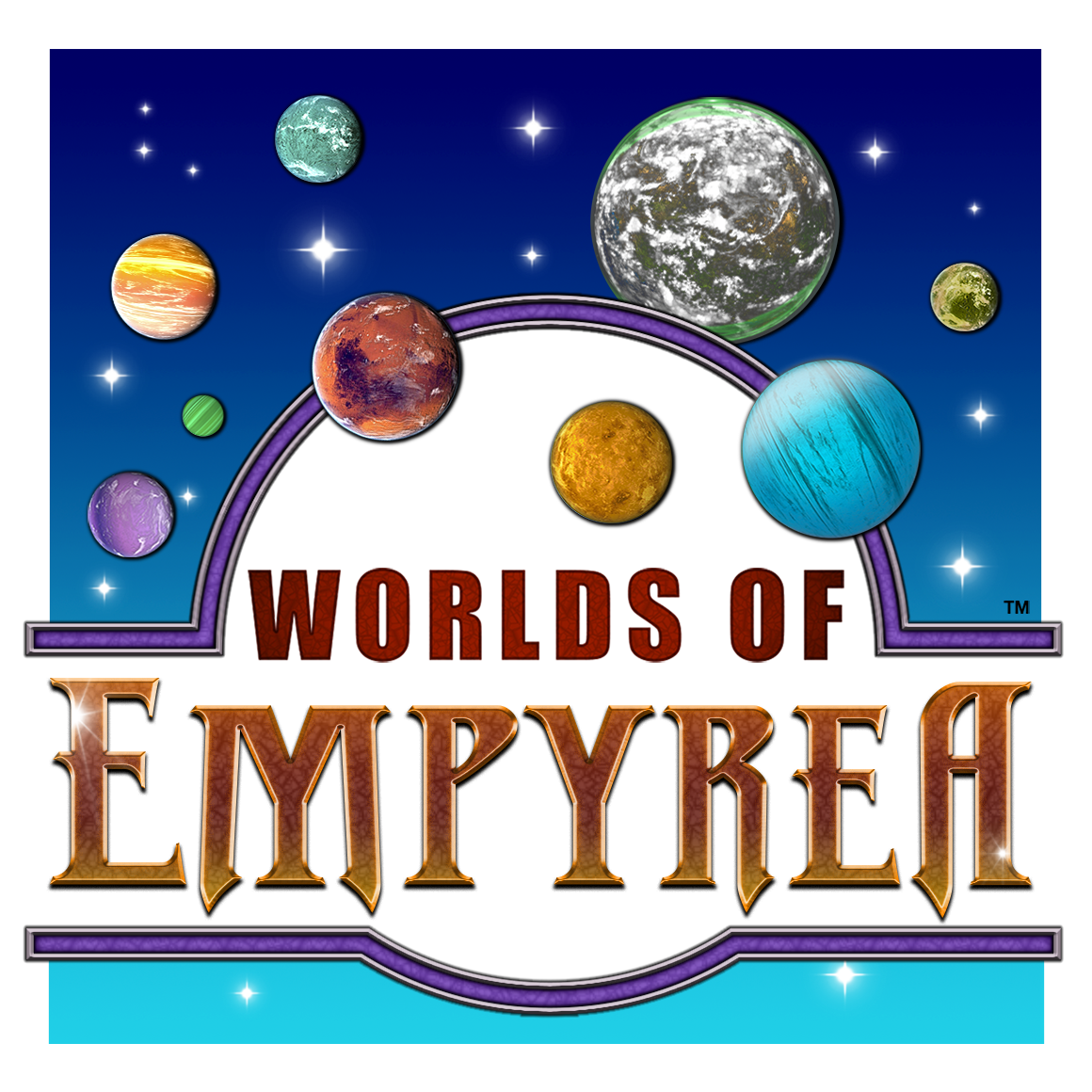
Frank Mentzer, gamer and game designer who started working at TSR in 1980, has launched a Kickstarter for a new game setting: Worlds of Empyrea. Â Here is the Q&A we did discussing this new project and his thoughts about the OSR.
Q. Let’s start with the title itself: “Worlds of Empyrea.” Â Not the kingdom of Empyrea, not the continent of, nor even world of, but “Worlds.” Â So how broad and far-reaching is this setting?
Greetings! Yes, it’s plural. For the first time in tabletop gaming history, a setting is being released for ten different game systems. You choose your favorite game when you order it, and all the statistics in the set are for that system.
We collect all the crunch in one System Book. When you need the crunch, you’re probably headed for action, so you switch to the System Book. Once things settle down again, you go back to the main book, bigger maps, and so forth.
Adventures have more action, so you can’t separate the crunch. A setting is far less dependent on the numbers, being more about verisimilitude and historical context. Each character and monster has to have its relevant data, and things must be described using the right words and terms. Thus, each ‘world’ is the Empyrea of that game system. We’ll have dedicated sets for each of the following: D&D 5e, 1e/2e, and BECMI (my ‘red box’ series); Runequest and Savage Worlds; and five major D&D variants (Open Game License aka OGL games) Pathfinder, Dungeon Crawl Classics, Castles & Crusades, Swords & Wizardry, and Hackmaster… Ten Worlds of Empyrea.
If this works as planned, the next step is actively modifying that version of Empyrea to reflect the game system, not merely ‘patch’ it with stats. This is a longer project, to be undertaken with the cooperation of each creator and/or publisher involved.
Q. If I may … publishers and game creators today are very specific about defining how their settings and hobby games fit in terms of genre and play style, mostly so they can directly target their intended audience. But from what I’m hearing, does Empyrea hearken back to an era when audience interests in fantasy, sword and sorcery,  horror, adventure and science fiction more freely overlapped?  Or is this something completely new?
With its roots in the 1970s, Empyrea has Old School origins. But most of the development has been from 1990 to present, while watching the exciting new developments in the hobby, both mainstream and Indie.
The core campaign is so ‘pure fantasy’ that Tech items are actually Forbidden by the gods. Of course that implies a black market, and a source in the first place … which leads us to orbit. Future projects will look at this planet from outside, and the intent is to address Traveller, Starfinder, and other great SF RPGs as we’re doing Fantasy on this round.
Q. The FAQ on Empyrea states it has three main premises. Can we take them in turn and can you elaborate on what each means for the players whose characters will inhabit the setting?
Each premise affects vast parts of society, so I’m glad you focused on the players.
First, “Magic instead of Technology?”
The church distributes magical light pebbles and a recommended curriculum for home education. Simple elemental transformations (removing water from mud, or earth from air) produce superhighways and a fire suppressant, respectively. To the average player character, this has all been normal for a century at least, and is all taken for granted. That’s the focus of the ‘quickstart’ adventures we provide in the set.
A sentient but indifferent planet?
A group of cultists (druids) can smooth-talk it into revealing valuable clues. One was “since you can talk to animals, ask them what THEY want,” which produced animal crossings, less farm trouble, and more cooperation all around. Again, this produces more general effects than character-specific.
Royals who place quality of life above the unbalancing mass whims like war and wealth?
The people always get shafted when a power group rises. They want life to be both worthwhile and fair. Life isn’t fair, but if everybody tries, they can make it better. Royals encourage Diplomacy vs. war, People vs. greed, Quality of life vs. consolidated power. The Arts are subsidized, and creativity flowers.
Â
Q. Much of that sounds almost idyllic. What’s the source or sources of conflict in the setting? What threatens this way of life? What impels adventurers to strike out?
Enjoy it while you can; the end is prophesied. The east and west are impassible, north is mountainous and hostile, and south is deepwood where the Evil One is gathering armies. And a nearby Orc realm is trying to become civilized, and all the Dragons are tired of being hunted by adventurers. And more ….
Q. Gnome Stew readers are mostly game masters. Speaking directly to them, what are the elements of Empyrea that you would dangle before them as an enticement?
It’s easy. It can become your “other setting” for your usual game, with a very short and easy learning curve. It contains almost no new game details. The epic plot elements are continental, not personal, and become a background to your own character stories. Many new concepts and details will inspire you to create your own Empyrea adventures.

Q. Can you spare a few moment to discuss your association with Gary Gygax and how that relationship fits with regard to the setting?
I lucked out when, unemployed in the Philadelphia suburbs in the 1970s, I was hired by TSR in 1980. He soon picked me to start the RPGA, and a friendship evolved. My fourth RPGA adventure to be published, “Doc’s Island” (R-4), had a background that involved Gary’s campaign. We discussed his, mine, and ours, and decided to add it to TSR publishing plans. One routine document (at the time) approved the ‘history’ part, placing both campaigns on the same planet. However, they were to have no interaction, primarily due to a great sea between them. (Actually we wanted to keep the Intellectual Property elements entirely separate and thereby more controllable.)
Sadly Gary was ousted in 1985, and Empyrea never got to the TSR drawing board. I wasn’t going to do it at TSR without him, since I created it before TSR (1977-80) and that would simply give it away. Gary would have taken care of me, but now I was alone. So it had to wait.
Throughout the 1980s I worked for game companies, and everything I wrote (and everything Gary wrote as well) belongs to the publishers thereof. We have no quibble with that, and we don’t steal from others. This is not a Greyhawk product; it’s all new, all original.
Q. Is this an appropriate moment to ask about the OSR movement?  What does the Old School Renaissance mean to you? What contributions is OSR making that are having an impact on rpgs, either mainstream, third party or even personal press?
In many ways, corporate methods have controlled the D&D game, and many other RPGs, for decades. We all understand that means bigger and more widespread (distribution and support primarily). “Better” is a value judgment, so let’s just say ‘different’ artistic styles have been left for the OSR and others, categorized as “Indies” or small companies or just folks with day jobs.
Lower overhead brings lower prices and encourages volunteerism, amateur, and semi-pro efforts of all kinds. Some who scorn corporate productions will flock to sincere and different offerings, seeking the obvious creativity and freedom from big-market shackles. Many don’t seek corporate success; they just want to have a voice, to contribute. It’s great that a method exists for this; it’s a broad, rich, and vital part of our hobby.
Q. While not a universal sentiment among game designers, I have had several confess to trepidation when packaging their personal setting for publication. Sometimes it’s the social ties to the players at the table that hold them back, in others, it’s a proprietary concern, they are just reluctant to see it released into the wild, so to speak. They are perfectly willing to work up something from scratch for publication, but that personal game is another matter. Where do you, and Empyrea, fall on this spectrum, and have your thoughts on this changed over time?
I felt that way decades ago. Now I’m 67, and don’t have time to hold it back. Empyrea has been in the playtest lab for 25 years online, and existed in 4 major incarnations – 1970s Philadelphia area, 1980s Lake Geneva, 1990s Online, and 2000s Chicago area. As game masters, all of our ‘home games’ are in rough shape, nobody writes them like published stuff. So there’s a lot of typing still to tackle.
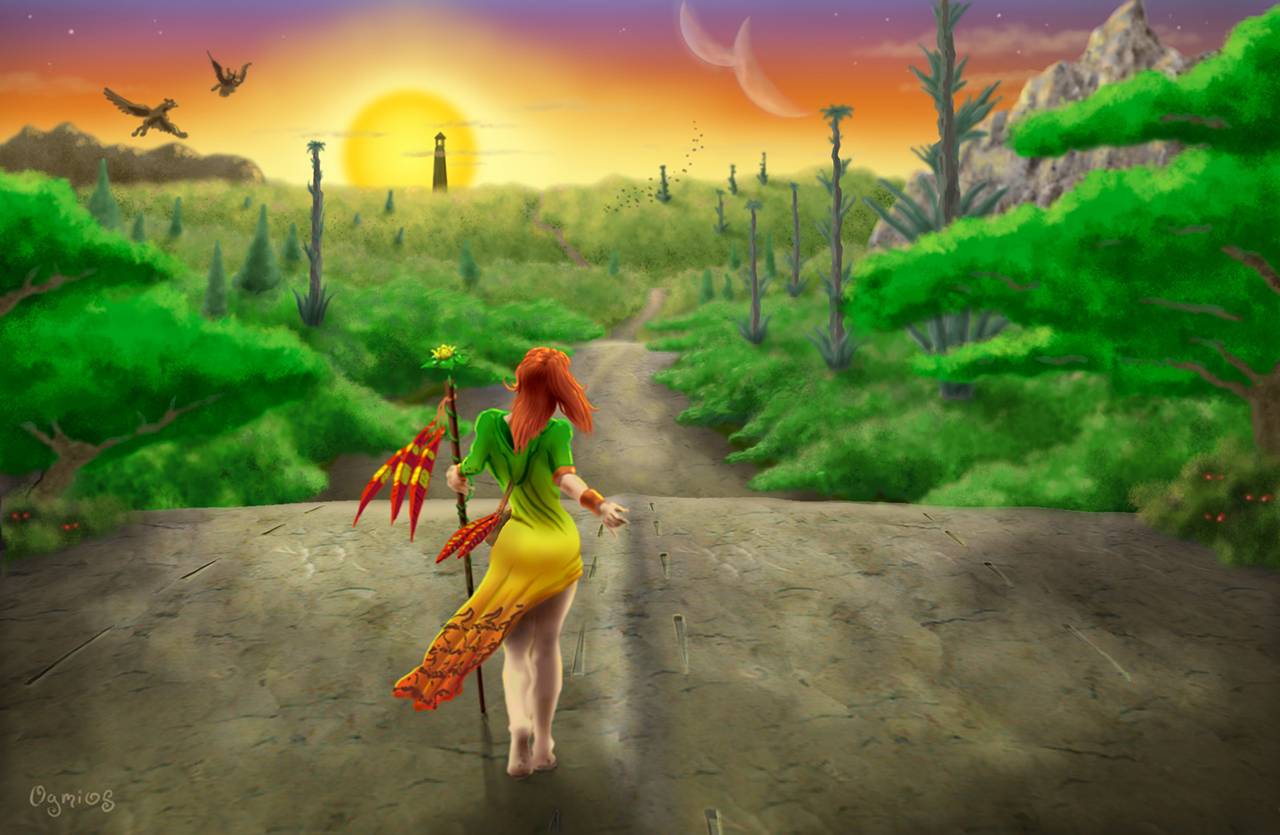
Q. Share with us what you can about your partners in this venture. Â Publishing is a collaborative enterprise. Who are some of the people on your team and what are their various responsibilities?
Although I’ve been preparing for this for decades, the activity team started forming this summer. (The following list doesn’t include the 20 or so Legendary Names from the history of D&D, our contributing authors and artists.) Loxley Enterprises is the parent company; Empyrea is the project. For that, Darlene agreed to be partner and graphics manager as well as producing the big campaign map herself. Ted Fauster, my aide (creative and organizational), was the first hired, and will work with me and TSR veteran Tim Beach for text and development. I invited Peter Bradley, Don Higgins, Ogmios, and Mark Quire for our general art needs, plus Alyssa Faden and Anna Meyer for cartography. Mike Myler is our crowdfunding engineer and media coordinator, and TSR veterans Steven Winter and Anne K. Brown will handle the editing. Finally, former GAMA president Chris Wiese is handling contracts and other business aspects, and Kevin “Doc” Wilson is Mr. Organization, managing the flow of the many sub-projects. We still need a business manager and some accounting support.
Q. I’ve got D&D rulebooks with red and blue covers that, I know now, were largely the result of your efforts. At the time, I didn’t care who wrote them, only that they were the source material for a game my friends and I spent countless hours playing.  We had fun, together, at the game table. Do you have similar hopes for Empyrea? That it too, can be a source of hours of game play in a magical, timeless setting?
I hope for far more. The invention of roleplaying as a pastime triggered a major change in games. Before that, everything was competitive, from racing to sports to checkers. This was a whole new world for millions … and then it got better! It taught us how to verbalize, to compromise with others and form a team, and how to improve at numbers and visualization. In the process, we befriended others, and the resulting bonds are precious in our hearts, no matter how much time passes. These games add depth to our lives.
All game companies have to focus on paying their own people and bills, and they just can’t address games they don’t publish. In offering Empyrea for 10 game systems, Loxley is encouraging community. If we all have a common setting, it’ll be easier to try new game systems. If we have common interests, that may spur outreach and dialogue. Maybe I’m too optimistic, but I know the potential is there, and that most gamers are smarter than most non-gamers, and can transcend their minor differences. Together we can do this.
We can do this, and we will. See you in Empyrea.
Thank your for your time, Best of luck with Empyrea and the Kickstarter, which begins Oct. 2.


